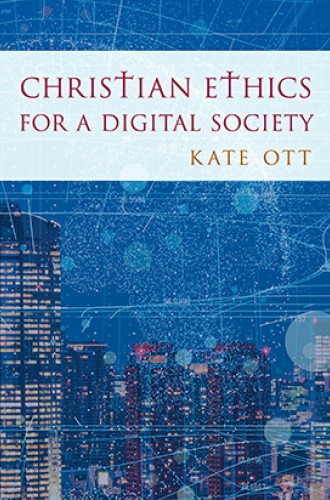Ethical hacks for managing our adolescent technologies
Kate Ott looks at the moral implications of digital language.
It is a truism, but nonetheless true: ethical reflection on a new technology or practice always lags far behind the adoption and use of that technology. This means that technology creators and merchandisers always have a head start on those who do the long, slow work of ethical reflection.
Kate Ott’s compelling analysis appears 25 years after Google was founded, 15 years after Facebook, 13 years after Twitter, 12 years after the first iPhone, and nine years after Instagram. These technologies are not nearly as old as my children, and yet they and their digital siblings dominate contemporary life. We all find ourselves attempting to manage life in the world these technologies have created. It’s like we’re all on a runaway train commandeered by a group of very clever, wealthy, drunk teenagers.
Ott’s reflection on what Christian ethics needs to look like in the digital society goes far beyond the most obvious issues: the addictive and distracting nature of smartphones and their apps, and the grave difficulty that many of us have engaging social media in a morally constructive or even coherent way. Smartphones, it has seemed to me, are where attention spans go to die, where face-to-face human interaction withers away, where addicts scroll mindlessly through cat videos, and where one bad moment on social media can ruin, or end, a life.






